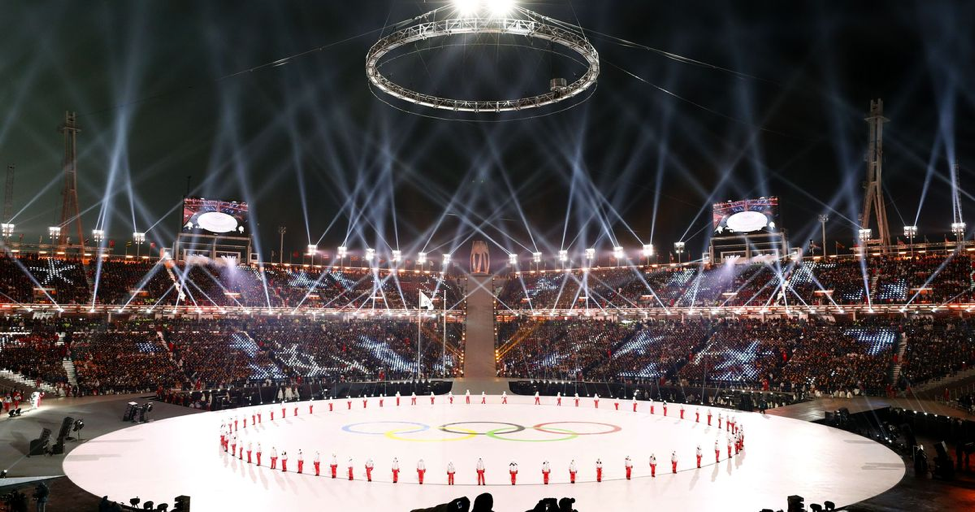Olympics Week
OF MARGINAL INTEREST | An Olympian Feat: the Economics of Hosting the Games
|
As we speak, college students worldwide pull out their shotskis and ice luge molds in celebration of the most riveting quadrennial exercise in patriotism, team spirit, and demolition of self-worth—the Winter Olympics. This year’s games are being held in Pyeongchang, South Korea, a city of 40,000, of which only 35.6% were interested in the Winter Olympics, according to a survey taken last April by the South Korean Ministry of Culture, Sports and Tourism. While the Games have proceeded swimmingly and the drone light show/technical precision/flagbearers (I’m looking at you, Tongan flag man) of the opening ceremony were spectacular, the potential $13 billion price tag for this year’s Olympics has raised some questions, particularly as Rio, host of the 2016 Summer Olympics, still faces $40 million in debt. Between Rio and Montreal, which took 30 years to pay off debt from its 1976 Olympic Games, a valid question can be raised: why do countries even want to host the Olympics? And when they do, how does it work out for them economically?
